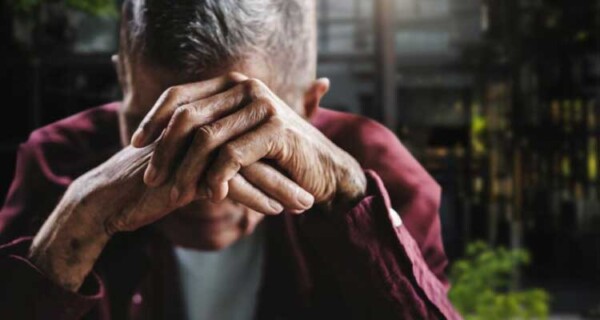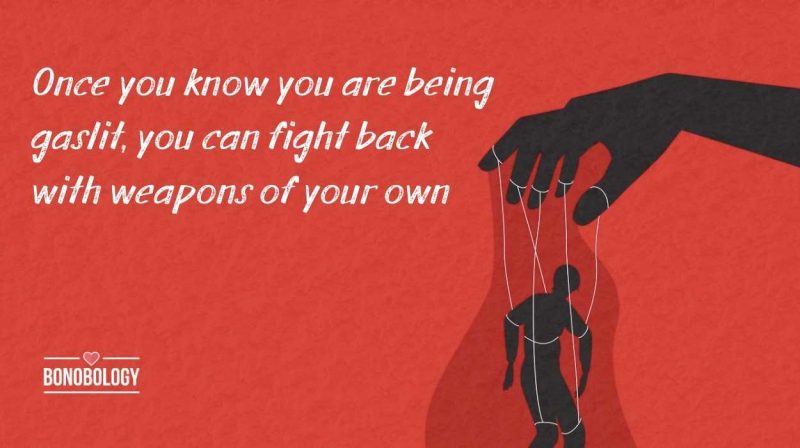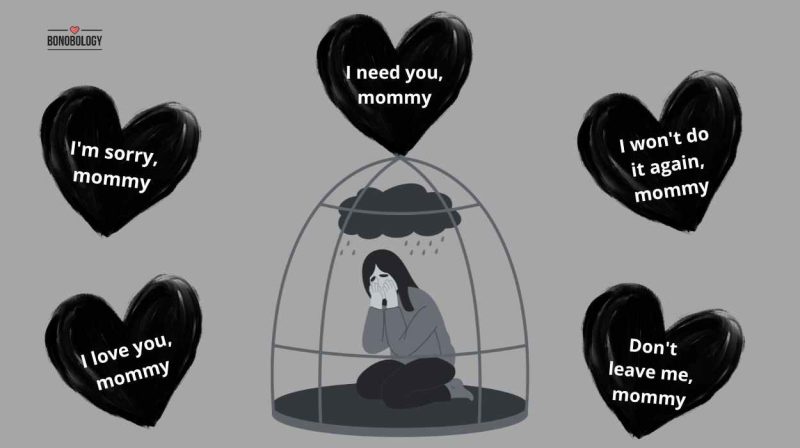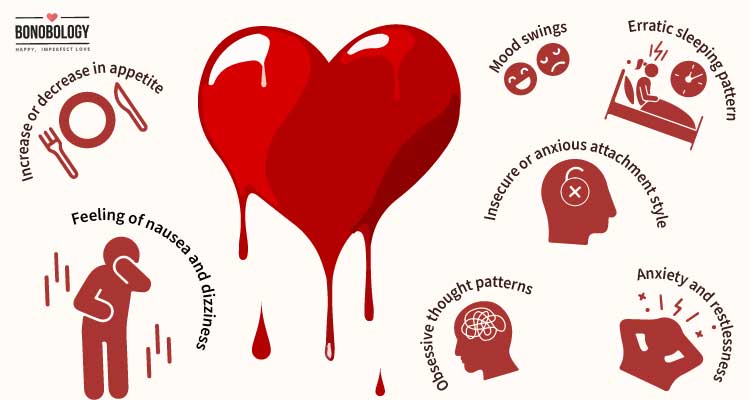We have all heard that in the court of law you are innocent until you’re proven guilty. The law is the same for everyone, irrespective of gender. But the brutal reality is that men can be victims of domestic violence and abuse too, and in such cases, getting justice in courts of law and society often proves to be an uphill battle.
We don’t hear more about domestic violence against men because it is considered a sign of weakness. But the reality is that men can be victims of domestic violence and are subjected to it more often than we’d like to believe.
Domestic Violence Against Men: Everything You Need To Know
Table of Contents
Domestic violence, by definition, means one member of the household committing violence, of a physical, mental or sexual nature on another. But generally, when anyone talks about domestic violence or abuse, people never think of men as victims. They are always assumed to be the perpetrators.
The National Coalition Against Domestic Violence reports that approximately 835,000 men are physically abused by an intimate partner each year. Additionally, one in four men report being the victim of some kind of physical violence by a romantic partner at some point in their lifetime. And one in seven men report being a victim of severe physical violence.
While the newspapers flash headlines of women and domestic violence practiced against them, what we don’t know is how men can be victims of domestic violence and abuse too.
Problems with reporting of male domestic violence
We don’t speak about it because we don’t know of it. We don’t discuss it because we aren’t aware of the tell-tale signs of harassment. Domestic violence against men is hardly reported. Women in the United States are 7 to 14 times more likely to report domestic violence than men.
One of the main reasons for it is the rigid American cultural stereotype that dictates male dominance of strength and prowess over women. Not denying the fault of such a mindset, but it is this very mindset that prevents men from reporting such crimes. It is harder for men to convince the law authorities about such a crime because a larger proportion of men have an anatomical advantage of strength in comparison to women.

Most importantly, while women have counselors working day and night to address cases of harassment and abuse, there are far fewer resources available to male domestic violence victims. It’s important that we acknowledge right at the start that crime cannot be gender-specific and women can commit a crime with the same atrocity as men.
Signs of abuse
For us to better understand the nuances of domestic abuse toward men, first we need to understand their signs. Let us look at what are the signs of male domestic violence.
- Verbal abuse: Use of insults, abusive language and ‘name-calling’.
- Blackmailing and threatening: Threatening to expose intimate or personal information to others or public
- Toxic behavior: Show of oppressive possessiveness or jealousy
- Taking control: Controlling his finances or spending of his money
- Physical abuse: Slapping, shoving or any form of strike or assault
- Guilt tripping: Threatening to harm themselves or others as a way to ‘punish’ him
Some of these actions may not seem like abuse on the surface level, but they often prove to be starting points of domestic violence against men. Real or imagined scenarios of infidelity are a common trigger point for violence. Alcohol and drug abuse too play a crucial role in cases of domestic abuse against men.
Effects of domestic violence against men
Largely, men too face the same effects as women who suffer from domestic abuse. Domestic violence or abuse is a high trigger for substance abuse in men. Many men have turned into alcoholics or drug addicts to counter the stress of that abuse. And not just that, along with the abuse, comes the trauma of being a victim of domestic violence.
Since men are commonly perceived as being strong, there is a lot of stigmas associated with opening up about male domestic abuse. Prolonged abuse can lead to clinical depression, social anxiety and unwillingness to get intimate with anyone for a long time, often resulting in loneliness.
Male Domestic Violence In Marriage
Let’s begin with marriage. Any kind of abuse, physical, emotional or verbal by an intimate partner is termed as ‘Intimate Partner Violence’. About 1 in 3 men have experienced sexual violence, physical violence and/or stalking by an intimate partner during their lifetime.
Women harassing men is a more common affair than we can imagine. But most men become so accustomed to it that they don’t realize that they are facing abuse, much like the women in conservative, religious nations. This is a checklist of a few tell-tale signs of abuse in a marriage. If this is happening, then you’re a victim of domestic violence.

1. Putting you down in front of your relatives/friends
If your wife has the habit of constantly hitting out at your self-esteem and ego in front of your relatives and friends, then this is abuse. “Oh, he is good for nothing.” “I tell him all the time that you are incapable of achieving anything good in life.” “His salary is not even sufficient to bring proper food on the table.” – These are some of the phrases that your abusive wife might use while describing you.
If it happens as an exception, it’s normal – we all make mistakes. But if this is happening fairly regularly, then this is violence. Remember, all violence need not be physical.
2. Abusing your family members all the time, especially your mother
If your wife regularly abuses your mother frequently, knowing fully well that it hurts you, then she is violent. Abusing doesn’t involve criticizing somebody. It involves calling names. If any discussion about the family or your mother ends with your wife talking trash about your father or mother, then this is one more sign of severe abuse.
3. Hitting you
Anatomically, most men are physically stronger than women. But hitting somebody is not about strength or force, it’s about how much damage you’re causing the person physiologically and psychologically. That’s where the brute force manifests.
Does your wife slap you, punch you and hit you often when she’s angry? If you tick this point, this is severe abuse. This is severe domestic violence against men and you must recognize this.
4. Not sharing your workload
Look back for a moment. Does your wife put all the workload on you saying that it is a man’s job? Does she refuse to do certain things and even compromise on them because she considers it to be a husband’s duty? On the contrary, the same wife forces you to share her duties because every husband should “share the load”? If the above is true then this is an uneven relationship and you are being a victim of domestic violence, but not the physical kind.
5. Screaming and shouting
Finally, let’s talk about screaming and shouting, which is generally classified as verbal abuse. Are you an introvert? Are you somebody who cannot scream and shout when you are angry? Do you lose words or the chain of your thoughts when you are very angry or in the middle of a heated argument? Are you intimidated when somebody screams at you in a loud, high-pitched voice?
Then I’m speaking especially to you because you aren’t very comfortable with yourself in the face of verbal abuse. If your partner is well aware of this and yet screams and shouts at you with alarming regularity, you need to realize that this is domestic abuse against men. If a wife screams and shouts regularly at a husband who isn’t capable of defending himself, it’s severe abuse. This is emotional abuse.
What To Do If You Are A Victim Domestic Violence Against Men
Domestic abuse towards men should be treated just like any other crime. Men should seek legal help and advice. But most importantly, they should not worry about social stigma and speak up about their sufferings. Talking to someone you know, a close friend or relative can possibly be the first step to get relationship advice and deal with the same. But if you are uncomfortable doing so, you can check out various non-profits or support help groups in your area.
If addressing the problem with the person afflicting the abuse does not help, you should consider getting a restraining order or an order of protection from the local court. It is always better to consult a domestic relations attorney in a situation of prolonged male domestic violence.

The signs are many and even more are the number of husbands who are silently suffering through it. A lot of them don’t even know that they are suffering. You don’t deserve to suffer like this. The first step toward solving a problem is acknowledging that there is a problem in the first place. Dear husbands, let’s take a hard look at our marriages and understand if we’re being abused. We can then work toward a solution.
FAQ’s:
If the situation is grave and holds a physical danger to you, immediately call 911 for police assistance.
You can contact the National Domestic Violence Hotline (NDVH) at 1800-799-7233. You can find numerous non-profits working tirelessly for victims of domestic violence. You can search for similar organizations working in your area.
All the states in the US and District of Columbia have statutes for a protection order. If the abuse is physical in nature, the first step is informing the local police authorities. Then, you can take a restraining order to keep the person away from you for your safety. Further, you can consult a domestic relations attorney in your area who will help you with legal options and their implications.
Yes. Domestic abuse is not just physical in nature. It can be emotional abuse like constantly making you feel inferior about your shortcomings. Or it can be verbal, like name-calling or regularly shouting and cursing you for some or other reason. Under any such circumstances, you should either talk to someone you trust or get help from support groups or counselors. They will analyze your situation and educate you whether you are suffering from domestic abuse or not.
Your contribution does not constitute a charitable donation. It will allow Bonobology to continue bringing you new and up-to-date information in our pursuit of helping anyone in the world to learn how to do anything.
Ask Our Expert
You must be Logged in to ask a question.






















Is there any platform, forum which provides counselling for wife-abused, husbands?
Yes. We do it. Please write to us at bonobologyindia@gmail.com. https://www.bonobology.com/im-abused-wife-daughters-nowhere-else-go/